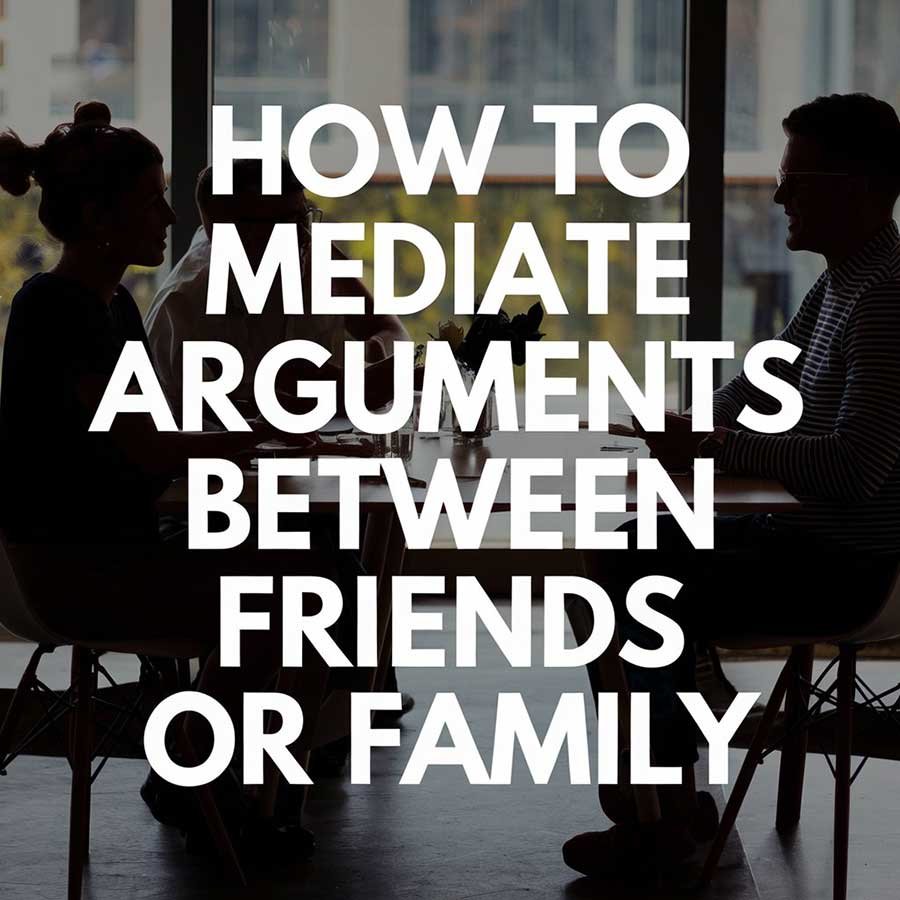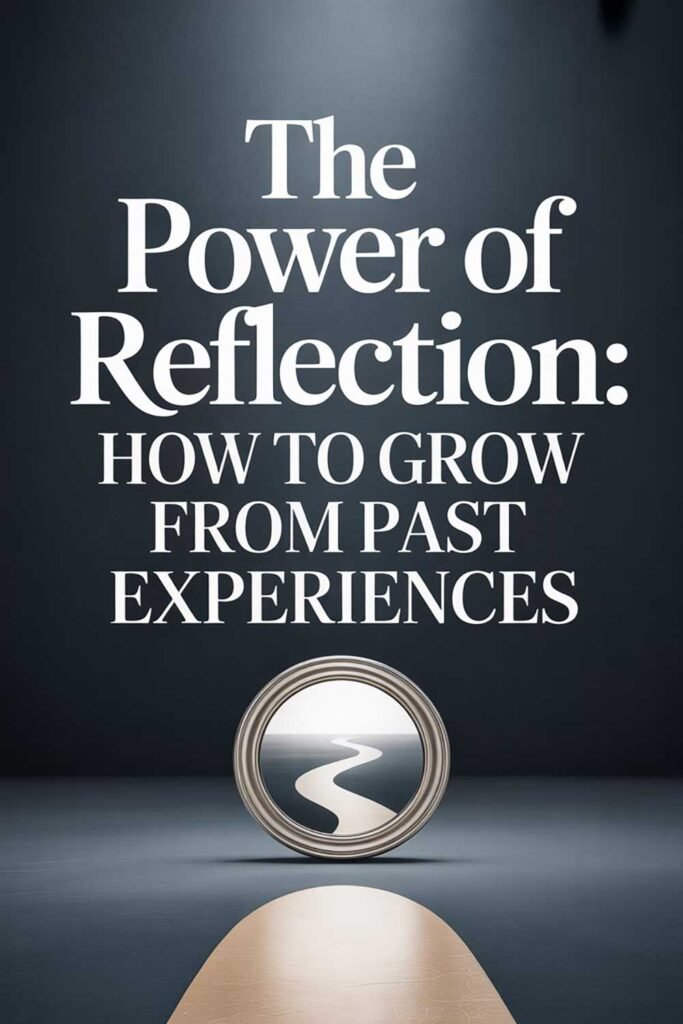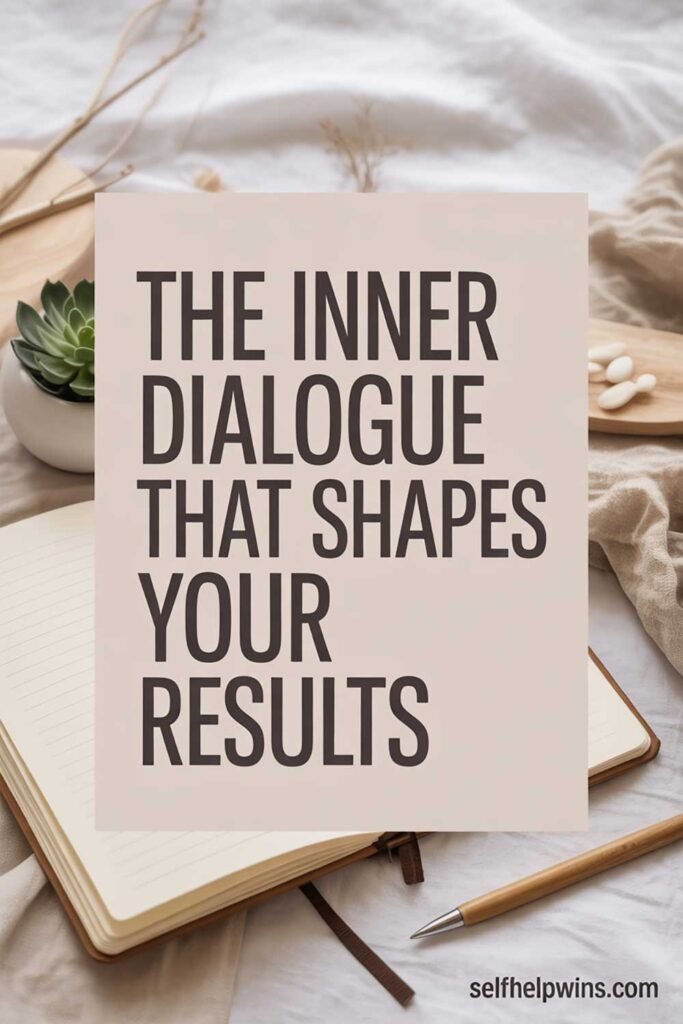
How to Mediate Arguments Between Friends or Family
Disagreements between friends or family members can be emotionally charged and difficult to navigate. As a mediator, your role is to facilitate a fair and productive conversation, ensuring that all parties feel heard and respected. Effective mediation can prevent conflicts from escalating and help restore relationships. Here’s how to mediate arguments between loved ones with confidence and empathy.
1. Stay Neutral and Unbiased
One of the most important aspects of mediation is remaining impartial. If you take sides, you risk damaging relationships and worsening the conflict.
How to Stay Neutral:
- Avoid showing favoritism or personal bias.
- Acknowledge each person’s feelings and perspective.
- Keep the focus on resolution rather than assigning blame.

2. Set Ground Rules for Respectful Discussion
Establishing guidelines for the conversation can prevent emotions from getting out of control.
Suggested Ground Rules:
- No interrupting while someone is speaking.
- No personal attacks or name-calling.
- Everyone must listen with an open mind.
- Stick to the issue at hand and avoid bringing up past grievances.
3. Create a Safe and Calm Environment
The setting of the conversation can impact how the discussion unfolds.
Ways to Foster a Calm Environment:
- Choose a neutral location where both parties feel comfortable.
- Ensure there are no distractions (e.g., turn off phones and TVs).
- Encourage a relaxed posture and tone to reduce tension.
4. Encourage Active Listening
Many conflicts arise due to misunderstandings. Helping both parties truly hear each other is crucial for resolution.
Tips for Active Listening:
- Have each person summarize what the other said before responding.
- Encourage eye contact and nonverbal cues of understanding.
- Ask open-ended questions to promote deeper discussion.
5. Identify the Core Issue
Conflicts often stem from deeper concerns rather than just surface-level disagreements.
How to Identify the Core Issue:
- Ask, “What is really bothering you about this situation?”
- Look for recurring themes or patterns in the argument.
- Clarify misunderstandings to prevent miscommunication.
6. Find Common Ground
Highlighting areas of agreement can help both parties feel more connected and cooperative.
Strategies for Finding Common Ground:
- Identify shared values or goals (e.g., maintaining a strong relationship).
- Focus on the points they both agree on before addressing differences.
- Use “we” statements to shift the mindset from competition to collaboration.
7. Guide the Conversation Toward Solutions
Once both sides have expressed their viewpoints, shift the focus to resolving the conflict.
Solution-Oriented Approaches:
- Brainstorm possible compromises or solutions together.
- Ask, “What steps can each of you take to move forward?”
- Encourage setting small, actionable commitments to rebuild trust.
8. Manage Emotions Effectively
Strong emotions can hinder productive discussions. Helping both parties regulate their emotions is key to resolution.
Emotional Management Techniques:
- Take deep breaths and pause before responding.
- Encourage breaks if the conversation becomes too heated.
- Remind them to focus on the issue, not personal attacks.
9. Know When to End the Conversation
Not all conflicts can be resolved in one sitting. Recognizing when to take a break can prevent further escalation.
Signs It’s Time to Pause:
- One or both parties become overly emotional or aggressive.
- The conversation is no longer productive.
- More time is needed to process the discussion.
10. Follow Up and Maintain Progress
Ensuring that both parties follow through on agreed-upon solutions can prevent future conflicts.
How to Follow Up:
- Check in with each person to see if they feel heard and respected.
- Encourage continued open communication.
- Offer additional mediation if needed.
Picture This
Imagine helping your loved ones move past a heated argument and reach a place of understanding. Instead of lingering resentment, they leave the conversation feeling respected and heard. With your guidance, they rebuild trust and strengthen their bond. Your ability to mediate conflicts brings peace, harmony, and deeper connections to your relationships.
How much better would your relationships be if you mastered the art of mediation?
Please Share This Article
If you found this article helpful, please share it with anyone who might benefit from learning how to mediate conflicts among friends and family. A little guidance can go a long way in fostering stronger relationships.






